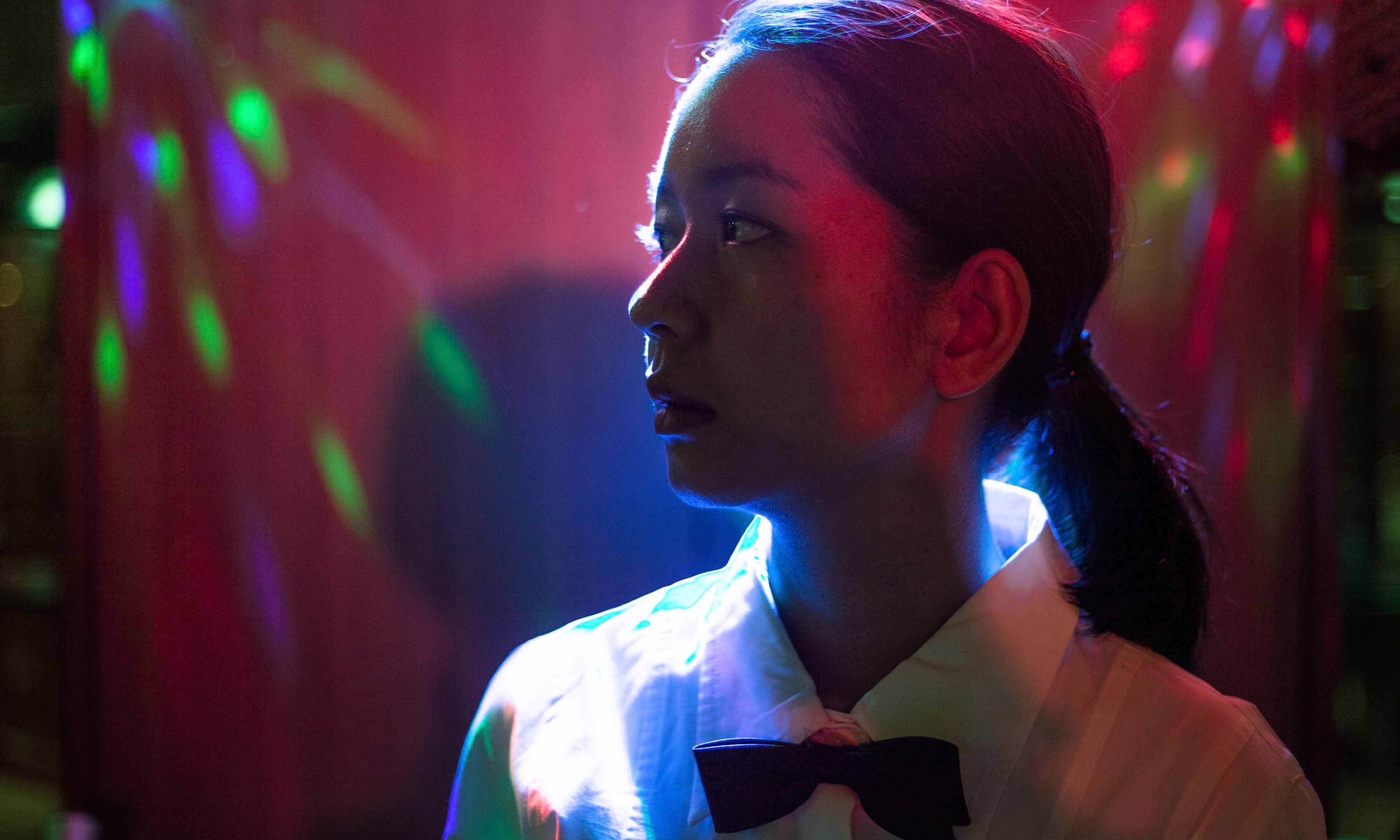New York 10002
USA
Join us at e-flux for the remainder of 2017 for a series of lectures by Doreen Mende, Malik Gaines, and María Iñigo Clavo; and at Princeton University School of Architecture for Cosmism, a Superhumanity symposium featuring Robert Bird, Maria Chehonadskih, Beatriz Colomina, Boris Groys, Nikolaus Hirsch, Marina Simakova, Anton Vidokle, Mark Wigley, and Arseny Zhilyaev.
As a special send off for 2017, we are pleased to invite you to a screening and live broadcast of Comunismo Futuro, a vertiginous film journey through the twentieth century directed by Andrea Gropplero and narrated by Franco “Bifo” Berardi. The screening will mark the film's New York as well as online premiere—the first in a series of art films and video works to be presented on the new e-flux Video & Film platform.
Program
e-flux lectures: Doreen Mende, “The Navigation Principle: Slow Image”
Wednesday, November 29, 7pm
From the perspective of computational speed, the human capacity to read an image—across the many layers of time-zones, climates, addressees, countries, generations, and languages—is terribly slow. We humans will fail hilariously in the race to seek cognition. Yet, in the navigational landscape, slowness has many speeds. As a point of entry, this lecture will speculate about the "slow image" as a tool for analyzing image-regimes emerging from navigational or ramified processes.
Cosmism, a Superhumanity symposium at Princeton University School of Architecture
Thursday, November 30, 6pm & Friday, December 1, 10am–5:30pm
Within the framework of the exhibition ARE WE HUMAN? The Design of the Species: 2 seconds, 2 days, 2 years, 200 years, 200,000 years at Princeton University School of Architecture, Beatriz Colomina, Mark Wigley, and e-flux Architecture are proud to present Cosmism, a Superhumanity symposium, featuring Robert Bird, Maria Chehonadskih, Beatriz Colomina, Boris Groys, Nikolaus Hirsch, Marina Simakova, Anton Vidokle, Mark Wigley, and Arseny Zhilyaev. The symposium will focus on the key concepts, continuities, and impact of Russian Cosmism: from Nikolai Fedorov’s philosophy of the “Common Task” to the significance of Cosmist ideas for the architecture, art, science and philosophy of the Soviet era; from authors and artists of the Russian avant-garde who envisioned modern technology as the pathway to a society of universal happiness, to contemporary artistic positions indebted to Cosmism and Universalism.
e-flux lectures: Malik Gaines, "A History of Impossible Progress"
Wednesday, December 6, 7pm
In a lecture drawn from the concluding section of his book Black Performance on the Outskirts of the Left (2017), Malik Gaines traces a legacy of radical performance tactics, rooted in the movements and aesthetics of the 1960s, as it figures in contemporary works featured in the 2015 Venice Biennial. Ambivalence reorients the imagined efficacies of transnational revolutionary projects into a set of possibilities that continue to circulate. In the context of an international art exhibition, this black political energy exceeds the visual order. Works by Emeka Ogboh, Isaac Julien, Julius Eastman, Glenn Ligon, and Alicia Hall Moran and Jason Moran will be discussed.
New York and online premiere: Comunismo Futuro, a film by Andrea Gropplero featuring Franco “Bifo” Berardi
Wednesday, December 13, 7pm EST
In the year 2017, we dwell in a spiral of decomposition. Visual stimulations proliferate. Recording devices are hidden in every niche of planet Earth. We can see everything, therefore we see nothing. We can know everything, therefore we know nothing. Is ignorance strength? The film Comunismo Futuro is a vertiginous journey through the twentieth century, whose trajectory is retraced twice: first from the point of view of the Russian Revolution of 1917; then again through the twenty-first century spiral of folly. The narrator of these journeys is Franco Berardi, aka “Bifo,” who in his youth experienced the happy vertigo of 1968 before plunging into punk and cyberpunk dystopian nightmares.
e-flux lectures: María Iñigo Clavo, "Is it possible to decolonize? On Brazilian Museums, Coloniality, and Methodologies"
Friday, December 15, 7pm
Is it possible to decolonize Western methodologies? Theory is struggling to find new words, tools, methodological frames, and grammar to overcome the colonial nature of our epistemology. How could we relate this debate to the contemporary art museum context? This lecture is part of an on going research on the representation of indigenous communities in museums, and its dialogue with contemporary art. In the last years there has been a proliferation of indigenous artifacts and images in Brazilian institutions, in tune with the international consolidation of postcolonial theory within curating practices. The research discusses the absorption of postcolonial theory into such contexts and asks questions of the interconnections between self-representation, rights, and colonial difference in Brazilian museum curating.
e-flux lectures is a series of events dedicated to discovering the protocols of twenty-first century truth, assuming these still exist. Launched in February 2017, the series has thus far included contributions by James T. Hong; Oxana Timofeeva; Suad Amiry, Thomas Keenan, Jorge Otero-Pailos, Alessandro Petti and Sandi Hilal; Rijin Sahakian; Adam Kleinman; Maria Lind; Franco “Bifo” Berardi; Sven Lütticken and Tony Wood; Ute Holl; Liam Young; Gleb Napreenko; Charles Mudede; Nora Sternfeld; Carolyn L. Kane; Ana Ofak; Vivian Ziherl and Elizabeth A. Povinelli; Gean Moreno; Jodi Dean; Andrew Herscher, Reinhold Martin, Alessandro Petti and Sandi Hilal; Andrew Norman Wilson; Lee Mackinnon; Francesca Hughes; Masha Gesssen; Beatriz E. Balanta and Mary Walling Blackburn; Nathan K. Hensley; Ariel Goldberg; Filipa César; Tavi Meraud and David Kim; Eyal Wizman and Malachy Brown; Srdjan Jovanovic Weiss and Nina Rappaport; Jack Self; Economic Space Agency; Marco Baravalle; Frontier Imaginaries; and Assemble collective and Esther Choi—available for viewing on e-flux Video & Film.
Events at e-flux will be broadcast live on e-flux.com/live.
For a list of our upcoming programs, visit our website. For more information, contact program@e-flux.com.










